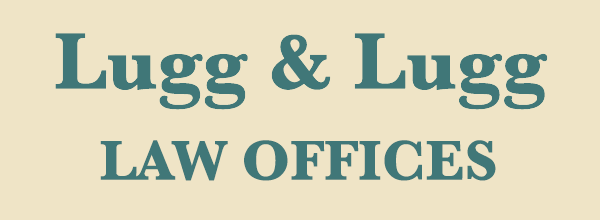Many seniors today are facing a perfect storm. Record low rates of return on their bank accounts and CD’s, raising supplemental insurance costs and ever increasing property taxes. Add to that escalating home health care, paltry pensions and insufficient savings there is no doubt that “Housing Wealth” should be considered in a comprehensive retirement plan.
The thoughtful citizen would ask, “Are you suggesting I borrow against my house but that would add another monthly loan payment to my already strapped budget;” but there is a different type of loan. A loan that needs not be paid back so long as you or your spouse continue to reside in your personal residence. This unique loan product is a Home Equity Conversion Mortgage or commonly known as a Reverse Mortgage.
A Reverse Mortgage is a financial product available to seniors so they can maintain or even enhance the quality of the retirement portion of their lives. For example, it could be used to pay off a conventional mortgage or often and more importantly a Reverse Mortgage can be used as a line of credit to pay those annual burdensome school taxes, needed improvements and major repairs to the home. Again unlike a regular line of credit, a reverse mortgage need not be paid so long as you use your home as your personal residence.
How can one qualify for a reverse mortgage and how do they work? First an applicant must be 62 years of age or older. Remember a reverse mortgage is meant to maintain or improve the quality of one’s retirement.
When Does the Bank Get Paid Back?
A Reverse Mortgage is a loan that must be paid back like any other loan . The uniqueness lies in the time when it must be paid back. It is paid back then that homeowner no longer uses it as his or her spouse’s primary residence. For instance the reverse mortgage is due when the homeowners die, move to an apartment, or nursing home.
How Much Can I Borrow?
When deciding your loan amount, the lender considers your expected longevity. The younger you are the less you can borrow, the older the more you can borrow. All banks, to stay in business, need to charge interest. The Bank will allow the interest to be applied against the equity in your home. If you are expected to live awhile, the bank needs a big cushion of equity to cover future interest. If you are not expected to live long, i.e. you are in your 90’s, you can borrow more. Again the concept being your expected short life span will limit the amount of accrued interest ultimately owed to the bank.
The financial crisis of 2008-2009 has changed the mortgage industry so it has changed the lending structure used in making Reverse Mortgages. Financial assessment of borrowers is now in place. The Banks are required to see if your current financial condition will still permit the payment of property taxes and insurance. Also the amount you can access from your reverse loan in one lump sum is limited to 70% of the mortgage amount. And this amount must be for “mandatory legal obligations” such as paying off an existing loan; this limitation discourages the use of Reverse Mortgage being used to refinance and consolidate major obligations.
Closing costs are an important consideration . The more borrowed against the home the greater the origination fee owed to the bank. For example a local bank will charge one-half of one percent of the appraised value of your home for a small Reverse Mortgage and 2.5 % for a larger one. Also mortgage insurance premium is required and these costs have significantly increased since the financial crisis. The insurance is to protect the bank if at the end of the loan the value of the home is insufficient to pay off the mortgage.
Using a reverse mortgage for pay for sporadic financial pitfalls is a reasoned choice. Using a reverse mortgage to consolidate conventional loan obligations maybe the only way to save the home and avoid a financially miserable retirement. Always remember these loans tend to have large upfront costs and your kids will not inherit the home. It will be sold to pay off your Reverse Mortgage.
Robert H. Lugg, Attorney, A Resource for the Long Term Care Community
